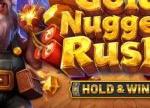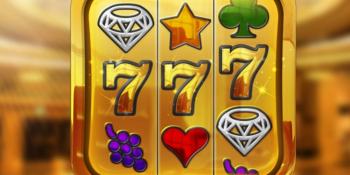The Bookworm Gambler’s Digest: Roll The Bones
Posted: June 8, 2015
Updated: June 7, 2023

Although it sounds more like a title for a Rock’n’Roll book, I assure you, it is all about gambling.
The reason why David G. Schwartz’s Roll the Bones: The History of Gambling is so awesome is that it’s extensive and interesting. It is not at all like a history textbook (although if you are someone like me, you’d shrug and say, “What’s wrong with history textbooks, anyway?”) By reading this book, you’ll possess everything there is to know about how it was invented and how it came to be in its current form. A lot has gone down since the prehistoric times, just imagine how the scene has changed since then. Well, it has changed extensively, and I’ll give you a walk-through about the key moments with the help of Mr. Schwartz.
• Rolling knucklebones in prehistoric times
• Card games came from Asia
• Development of Vegas
Back when online internet casinos and mobile bettingsites weren’t even a spark of an idea, men in prehistoric times started to roll knucklebones. Don’t be so shocked, they had no dice to roll back then. From Mesopotamia we go to the casting of lots, an action done by the Jews in the Old Testament and that helped them find out the will of God. Usually, Lots were stones with markings on them, but they also used sticks with specific markings on them. They would throw the marked Lots into a chosen area, not too far from each other and interpret the signs. Whatever they threw they would interpret as the will of God.
Gambling in the Greek and Roman era
Greeks and Romans also enjoyed a little gambling now and then. Did you know, for example, that poker’s origins can be traced back to Minoan times? And that we love rolling sixes with the dice because it was a lucky combination even back in the days when the concept of democracy was born? The Greek played many games of gambling, such as heads and tails and many they had many dice games (remember the knucklebones?) There were even places were people would gather and play, something like the casinos nowadays. Roman Emperors and the ancient Chinese and Egyptians all show us historical evidence that many people enjoyed gambling in those times, too.
When Schwartz gets to the Middle Ages, where it becomes clear (again,) that dice games were incredibly popular and loved. John of Salisbury gave account of ten different dice gams in his time, which gives testament of creativity in the gambling world. Playing cards was an activity that came via gambling news from Asia to Europe, where it quickly became popular; finally there was a game that wasn’t dice-based or a board game. In Venice there was the baccarat and the British did everything to expand gambling activities throughout the whole world.
Schwartz aims to give information on gambling history in more than one place at once.
Wars, colonies and the act of gambling
Thanks to Schwartz, we can see and understand the way that federal lotteries funded some American colonies and how it became extremely popular during the Civil War. The Wild West was also booming when it came to such activities and Schwartz tells us all about it in compelling and often astonishing stories. He moves through mafia operations and their gambling affiliations and how Las Vegas became what it is today, a place not only for gamblers, but for tourists all around the world.
Although the developments in this industry are not unprecedented, the way David G. Schwartz recounts events is simply enjoyable. Each character in this book makes this read more like an ongoing tale of vibrant characters, like the adventures of Casanova and Steve Wynn. The subject might be a serious one, but the way it is told will make you want to read it at once. It switches off your mind and widens your knowledge in one of your favorite hobbies. For, it never hurts to know that the game you just sat down to in a Greek poker room is rooted in something completely different, but wonderful all the same.












